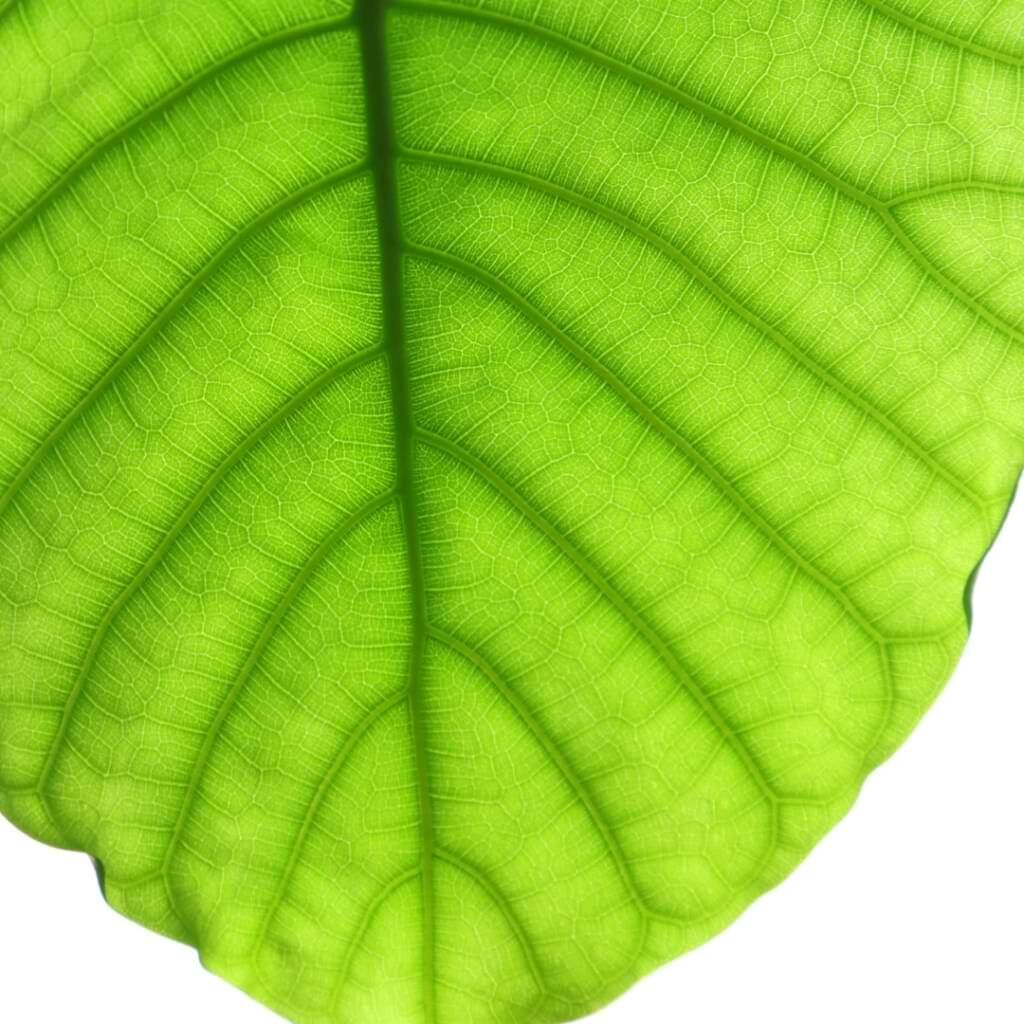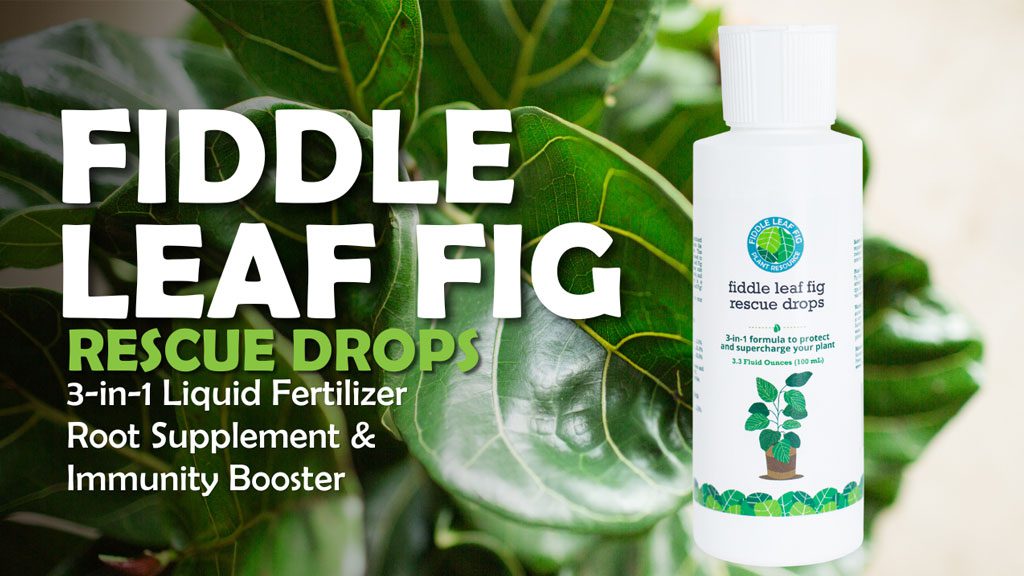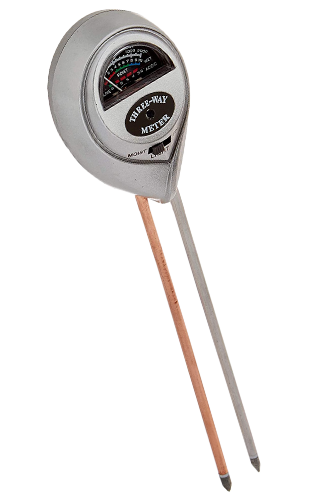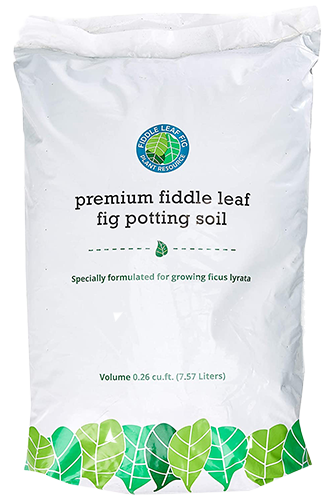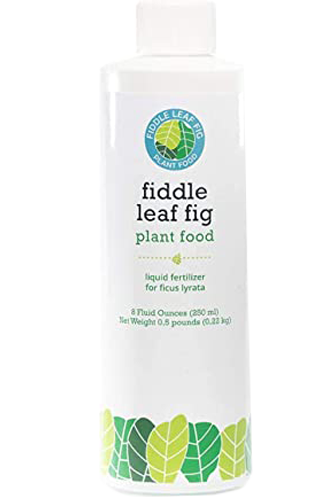Ficus Umbellata is a striking and exclusive collector plant worthy of Ficus. Ficus Umbellata is a striking and exclusive collector plant worthy of anyone’s plant collection. It’s a fascinating houseplant because of its tall, skinny, elegant stem and pronounced emerald green splendidly shiny glossy, heart-shaped leaves. This plant is known by various names, including Umbrella Tree Fig. The wonderful Ficus Umbellata is a classic and bold houseplant that makes an eye-catching statement.
How do you care for a Ficus Umbellata?
The stunning Ficus Umbellata is native to typical rainforests; it needs tropical surroundings to grow and thrive. If you want to keep this plant happy and healthy, offer it a warm temperature away from cold drafts with bright light. The Umbrella tree likes well-draining soil and humid environment, and it appreciates regular feeding in the growing season.
This article will cover every detail of this plant care and discuss some common problems and diseases that the Ficus Umbellata may encounter. Keep reading to learn about the comprehensive care guide. If you intend to learn more about Ficus plant care, join our webinar to get on board with the premier resource for Fiddle leaf fig plants.
| Common Name | Umbrella Tree Fig |
| Botanical Name | Ficus Umbellata |
| Family | Moraceae |
| Origin | Africa |
| Soil | Well-draining |
| Humidity | 50% and above |
| Temperature | 65F-85F |
| Sunlight | Bright indirect sunlight |
| Pests | Spider mites, Aphids, Scales |
| Diseases | Root rot |
Growth and Size: How big does a Ficus Umbellata get?
The growth rate of the umbrella tree fig depends on several factors, such as sunlight, soil type, and temperature. When the plant is in optimum growing conditions and is happy, it yields a new leaf every week. It’s an upright tree that can grow up to a height and width of 4 feet when grown indoors in a container. The glossy and pleated green leaves can reach a diameter of 2 feet, making it a huge indoor plant.
Watering Requirements for Umbrella Tree Fig
The Ficus Umbellata needs more frequent watering than other Ficus plants but prefers to dry out a bit in between watering. As a result, the plant needs more water in the growing season almost twice a week, and this frequency reduces in winter as it enters into a state of dormancy.
However, it would help if you were careful with the watering frequency, as overwatering may cause various grave infections, such as root rot. At the same time, underwatering also may have serious repercussions, such as growth deterrence.
If the topsoil isn’t dry, don’t water, and you can check the soil moisture by putting a finger in the soil or using a soil moisture meter. You can also check the plant’s weight to determine its watering needs by lifting the container; if it feels light, it means it wants water.
Light Requirements
This plant loves bright indirect light to grow. Direct sun exposure isn’t recommended for this plant, but it does well in the natural morning light. Therefore, place your plant near a window where it can receive bright light throughout the day.
The Ficus Umbellata doesn’t appreciate the direct intense sun as it can burn its leaves; if it’s grown outdoors, bring your plant under shade in summer. Exposure to sunlight may cause leaves to droop, resulting in a dull appearance and slow growth. As the leaves grow in a light direction, always rotate the pot for homogenous growth in all directions.
Humidity and Temperature
The Ficus Umbellata hails from tropical regions and prefers humid environments. The ideal humidity level for this plant is 50% and above. In the case of a dry household, consider increasing the humidity by different means, such as placing a humidifier near the plant and misting it regularly or moving it to humid places at home, such as the kitchen or bathroom.
Similarly, the plant loves warm temperatures and is sensitive to drafts and cold air. The ideal temperature range is 65 to 85⁰ Ft as it can’t tolerate too hot and too cold. Extreme temperatures will affect the plant’s growth. Furthermore, it doesn’t appreciate sudden fluctuations in temperature; therefore, keeping away from the hot or cold draft is essential.
How do you prune a Umbellata?
Like any other houseplant, the umbrella tree also needs regular maintenance to retain its shape. For the plant’s pruning, use a pair of sharp scissors or pruning shears and gently trim away brown, dry and yellow leaves. Clipping old leaves allows the soil’s nutrients to reach the new leaves encouraging growth. Also, trimming sick and diseased leaves keeps pests and other infections away from the plant. The best time for pruning is late winter or early spring.
Regular cleaning of foliage will not only add to the vigor of the plant but also helps in containing pest development. An occasional spray of leaf shine will do wonders for the appearance of Ficus Umbellata.
Soil Requirements for Umbrella Tree fig
Being a tropical plant, Ficus Umbellata prefers moist soil that is also well draining at the same time. Mixing the different soil ingredients to achieve the optimum properties of the end product becomes difficult at times. Therefore, using our extensive knowledge and expertise, we have developed a soil mixture that is readily available and will do wonders for your plant.
However, if you intend to make your soil mix, use a potting mix suitable for succulent or cactus and add a handful of charcoal and pine bark to the mix.
Fertilizing
The Ficus Umbellata is a less fertilizer-demanding plant but needs regular feeding in the growing season, almost once a month. For healthy growth, the potting mix should have all the required nutrients for the plant’s growth and all-purpose fertilizer. With our specially formulated blend, you can provide all the needed nutrients to this wonderful houseplant. Occasionally adding the probiotics will further enhance the growth and charm of Ficus Umbellata.
Repotting Ficus Umbellata
The Ficus Umbellata should be repotted once a year as the roots outgrow the container and nutrients in the soil reduce with time. Therefore, for healthy growth, repot the plant once a year.
The common signs of repotting are roots popping out from the drainage holes or looking excessively large and soil quickly drying out after watering.
To repot the plant, use one big container with fresh potting soil and the best time for this process is the growing season as it reduces the relocation shock and helps to adjust the plant to a new place.
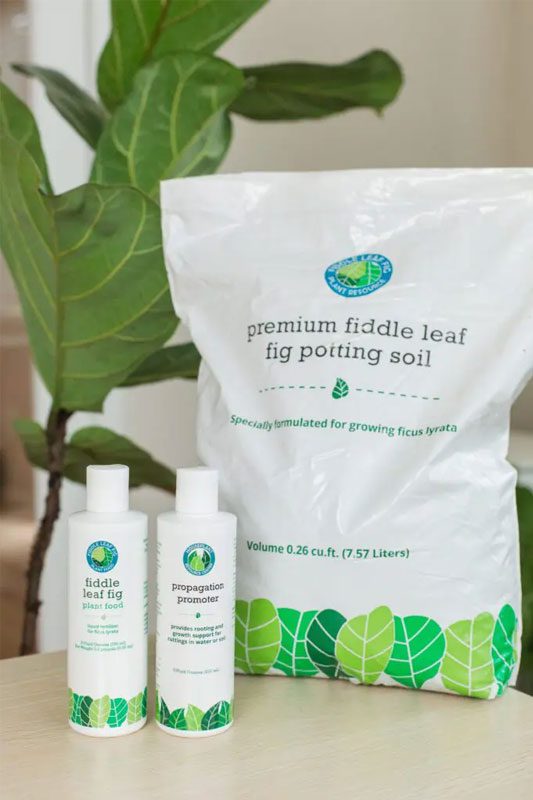
Propagation of Ficus Umbellata
The most simple and effective method for the propagation of Ficus Umbellata is via stem cuttings. Take a cutting with two or three leaves and a node from your existing plant. You can either root the cutting in soil or water.
When propagating the Ficus plant, there is nothing better than having our propagation bundle in hand as it provides you with the rooting hormone for the rapid development of roots, a custom potting mix for fiddle leaf fig, and necessary food for new active growth.
Is Ficus Umbellata toxic?
Ficus Umbellata is mildly toxic to humans and pets due to its milky sap, which is harmful; therefore, it should never be consumed. Keep his plant away from children and pets to avoid accidental ingestion and undesired incidents.
Pests
Like any other houseplant, the umbrella tree fig is susceptible to various pest attacks, such as spider mites, aphids, and scales. To keep the plant safe from pest infestation is to provide it with the appropriate growth conditions and in case of pest attack, use neem oil or insecticidal spray for the treatment.
Diseases
The umbrella tree fig is a delicate plant that is prone to many diseases and infections. The most common and lethal disease is root rot. It’s caused by overwatering. When excess water accumulates in the soil, it results in various infections. The major signs of root rot are mushy roots and yellow leaves.
When you suspect root rot in your plant, remove it from the container and inspect its leaves for possible root rot; mushy and black roots can confirm it. Then, remove the infected parts and plant them in a new pot with fresh soil.
Common Problems
The Ficus Umbellata may have a variety of issues, such as
Yellow leaves: This issue can be caused by different reasons, such as low humidity and overwatering. If the plant receives excess water, its leaves start to turn yellow. When you spot this issue, review the watering frequency of your plant.
Drooping leaves: It’s another problem that is triggered by underwatering. Your plant starts to droop leaves when it needs water; therefore, always check the watering regularity and make sure your plant gets the required water.
We have a surprise gift package for you to learn more about any common or rare issue you are facing with Ficus Umbellata. This package will teach you all about growing this gorgeous plant simply but successfully.
FAQs
Is Ficus Umbellata rare?
Ficus Umbellata is a rare plant known as the umbrella tree fig. this plant belongs to west Africa with wide heart-shaped leaves with a thin stem, which is a differentiating feature of this plant.
How fast does Ficus Umbellata grow?
Umbrellas are fast growers and can produce new leaves every week in the spring and summer seasons.
Can Ficus Umbellata grow outside?
You can grow Umbellata outside, but it needs shade as it can’t tolerate frost in the colder months. Also, take care of the moisture during the cold season to prevent the plant from drying out.
Conclusion
The Ficus Umbellata is a gorgeous houseplant that makes a striking statement in any room. However, it requires moderate care to flourish. If you are a plant fanatic and love to collect plants, then the umbrella tree should be your go-to plant because of its attractive, eye-catching look and friendly nature.
Here are some of our most popular resources on fiddle leaf fig care to help you grow the happiest, healthiest, and most beautiful fiddle possible!
The Fiddle Leaf Fig Expert eBook

